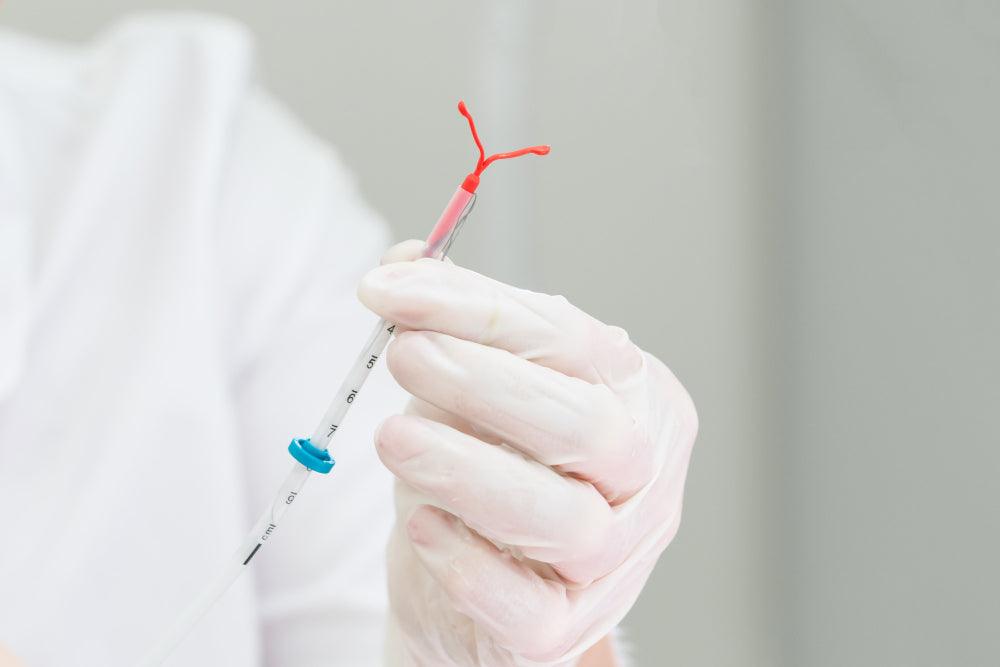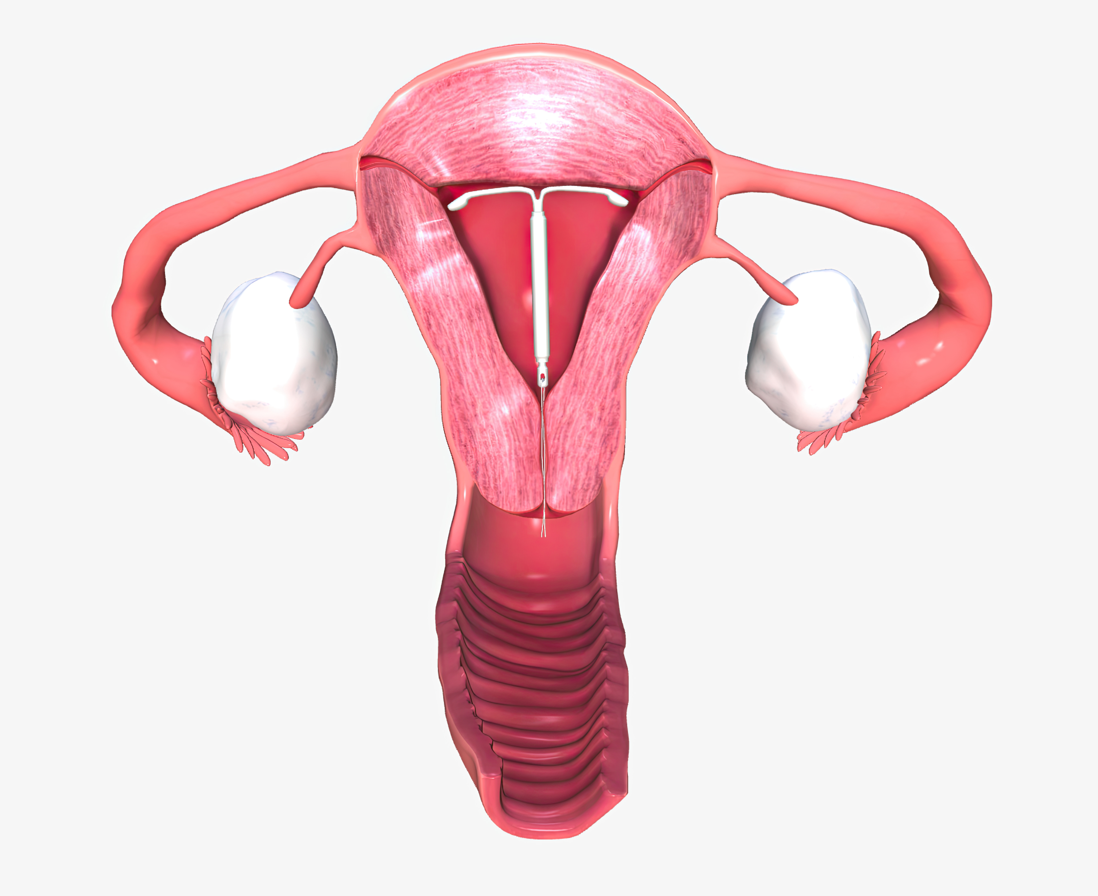Hormonal IUD (Mirena) - In Depth Guide


When we delve into the realm of contraceptive methods, the Hormonal Intrauterine Device (IUD) has surfaced as an increasingly popular option, particularly in the UK. The hormonal IUD, such as the Mirena, is a small, T-shaped device that's placed in your uterus to prevent pregnancy.
Mirena, a specific type of hormonal IUD, is gaining widespread recognition due to its unique features. "Mirena is a long-acting reversible contraceptive method that releases a small amount of hormone directly into the uterus," explains Dr. Sarah Marshall, a leading gynaecologist in London. This feature differentiates it from non-hormonal IUDs, commonly referred to as copper IUDs, which do not contain hormones and instead release copper ions that are toxic to sperm.
The Mirena IUD functions primarily by releasing a hormone called levonorgestrel. This hormone thickens the cervical mucus, which prevents sperm from reaching or fertilizing an egg. Moreover, it thins the lining of the uterus, making it less likely for a fertilized egg to attach. "Mirena can be effective for up to 5 years" and is reversible upon removal, implying that fertility can be restored, according to the British Pregnancy Advisory Service.

When considering the insertion of a Mirena IUD, preparation is essential. "Before the procedure, you may be given a local anaesthetic or painkillers," suggests Dr. Lisa Manley, an experienced gynaecologist at University College London Hospitals. The insertion process itself is typically straightforward, performed by a healthcare provider who will use a speculum to open the cervix, insert a tube to measure the uterus, and then insert the IUD using a special applicator.
On the flip side, the removal process is often simpler. The IUD can be removed at any time by a trained healthcare professional, but is typically removed after five years of usage, or if side effects occur. The removal involves gently pulling on the threads of the IUD that extend into the top of the vagina, which causes the device to fold and pass through the cervix.
When examining the benefits of Mirena, its long-term contraception capabilities are significant. "Mirena can provide contraception for up to five years, making it a 'set and forget' method for many women", pointed out by Dr. Emily Gibson, a Family Planning specialist in London. But Mirena goes beyond contraception. It has non-contraceptive benefits as well, including less painful periods and it's used in the treatment of certain conditions like heavy menstrual bleeding. Furthermore, its convenience and discretion present a lifestyle benefit for many women who prefer a more private and worry-free method of contraception.
However, like any medical device, the Mirena IUD comes with potential side effects and risks. Common side effects can include changes in menstrual patterns and discomfort post-insertion. More serious but rare risks include uterine perforation and ectopic pregnancy. "Factors such as patient age, parity, and anatomy, as well as the skill of the provider, can influence the risk of these complications" explains Dr. Gibson.
There are several conditions and factors that may prevent a person from using Mirena, including unexplained vaginal bleeding, liver disease, and certain types of cancer. Precautions for those considering Mirena can include checking for pregnancy and sexually transmitted infections before insertion. It's also crucial to be aware of possible drug interactions, as some medications can affect the hormone levels released by Mirena, altering its effectiveness.
While using Mirena, fertility is reduced. However, upon removal, fertility is typically restored. "Most women return to fertility within a few months of Mirena removal", assures Dr. Olivia Stevenson.
The effectiveness of Mirena is comparable to other methods, such as pills and condoms, but with the added advantage of longevity and ease of use. It might not suit all individuals or lifestyles, though. As for cost, while Mirena can seem expensive upfront, its long-term cost-effectiveness is higher than other methods that require continuous purchase and use.
Common questions and concerns about Mirena revolve around topics like its impact on menstrual cycles, time to return to fertility after removal, and potential side effects. We have sought to address these queries throughout this guide, but you can also consult sources like NHS's Contraception Guide for additional information.
In conclusion, Mirena presents itself as a robust, long-term contraceptive method, with additional non-contraceptive benefits. However, like all medical devices and treatments, it comes with potential side effects and risks. Therefore, any decision regarding its use should be made in consultation with a healthcare provider.








Plus get the inside scoop on our latest content and updates in our monthly newsletter.